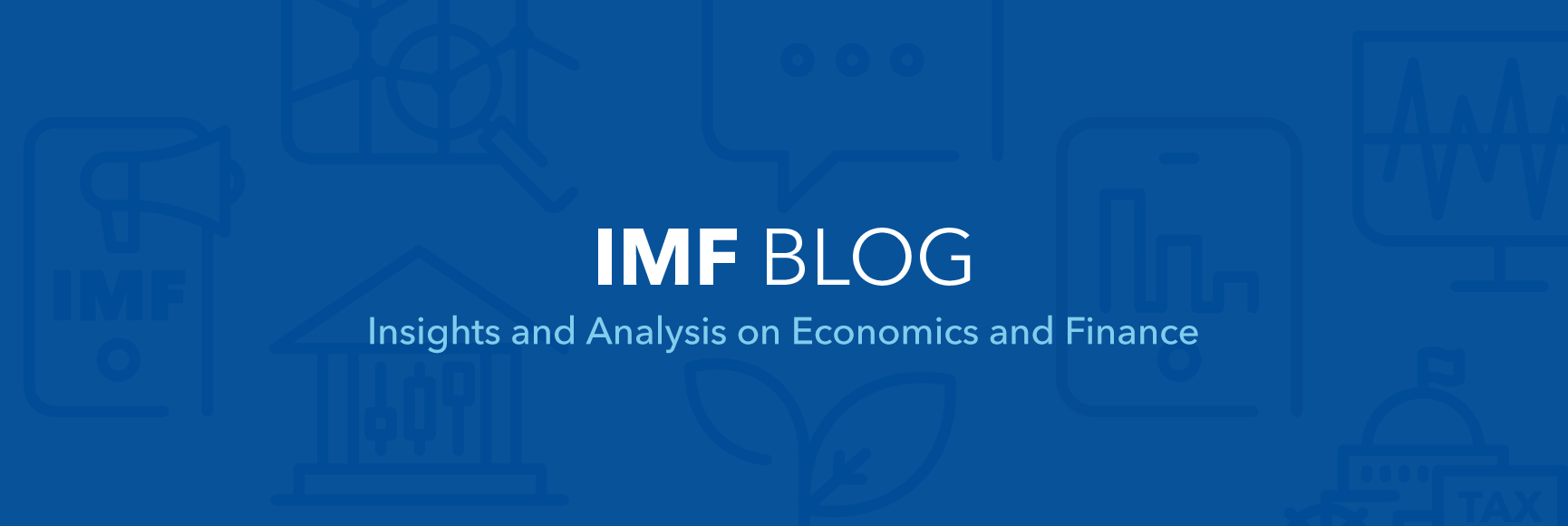(Versions in عربي)
To almost all economists it is clear that the private sector is critically important in creating jobs and achieving strong growth. The public sector is already overburdened in most countries. But what is not clear is how to support the private sector for it to play this important role.
To shed some light on how to facilitate strong job creation and growth by the private sector in the Middle East and North Africa, we held a conference in Riyadh, Saudi Arabia, in December 2013, jointly with the Council of Saudi Chambers and the International Finance Corporation.
As the date of the conference approached, registrations kept increasing, and by the time we opened the conference, the registration numbers had skyrocketed to more than 800! I can think of no better sign of the importance of this topic for the people in this region.
The discussions were very informative and intense. So much so that we ran out of time for questions and answers after every panel, and the discussion spilled over to coffee breaks and gatherings on the sidelines.
Let me highlight the main issues that I took away and featured highly during the conference.
Weak business environment
Private sector investment in the region is weak, averaging about 15 percent of GDP over the past three decades compared to nearly 20 percent in South Asia and 30 percent in East Asia. Why is that the case?
Well, complex and burdensome regulations in the region seem to hold back investment and, hence, job creation and growth. Despite government steps to address some issues, there is, quite simply, still too much red tape.
Let me give you some examples. According to the World Bank, it takes 74 days to start a business in Iraq, 75 days to register a property in Morocco, 159 days to get electricity in Algeria, and 218 days to get a construction permit in Egypt. For Korea, the same procedures take 7, 11, 28, and 29 days, respectively.
Another factor is that bank credit to the private sector is quite low—a privileged group of borrowers, mainly large companies, receives the bulk of the funds. According to the World Bank Enterprise Surveys, only 10 percent of firms in the region finance their investment through banks, while 36 percent of firms identify access to finance as a major constraint.
We’ve also examined a decade’s worth of data that show economic volatility has been high in many parts of the Middle East and North Africa. A stable economic environment and a robust financial system are necessary for private sector growth. Low inflation and limited year-to-year variability in economic growth create certainty for businesses, and encourage them to invest and create jobs.
A weak business environment results in a large informal economy characterized by low-pay, low-productivity jobs in firms that have limited access to finance, and limited growth prospects. This inevitably results in the benefits of economic growth being less inclusive.
Enabling business environment
Governments need to reform policies to make it easier to start and to manage a business. This will go a long way toward allowing entrepreneurial spirit to flourish, including for small and medium–sized enterprises.
The agenda to improve the business environment includes:
- simple, transparent, and evenhanded treatment of companies
- public institutions that are more transparent and accountable
- equal access for all to government services, adequate skill-building and incentives for employment
- better access to finance to help spur entrepreneurship and private investment; and
- better infrastructure.
Equally important to the business climate is clarity and security about rules and their enforcement. In addition, business people need to be part of the solution rather than part of the problem. This means overcoming vested interests which often stand in the way of fully harnessing the ingenuity of the private sector and creating open opportunity for all.
No doubt, improved macroeconomic policies are essential to create an enabling environment where the private businesses can thrive and operate with confidence. Low inflation and less volatile economic growth create a more conducive environment for businesses, and encourage them to invest and create jobs. Sound monetary policy and prudent fiscal policy can ensure that.
The Middle East needs a more dynamic private sector to meet the aspirations of its people. The reforms to achieve this are often complex, politically difficult, and take time to pay off. Nevertheless, beginning the process is vital for restoring confidence, propelling private sector activity forward, and creating much-needed jobs.






